The Hue City National Assembly delegation discussed in group 7 with the delegations: Thai Nguyen, Lang Son, Kien Giang .
Delegate Nguyen Hai Nam proposed a comprehensive re-study of the financial inspection model. Photo: Provided by the City National Assembly Delegation |
Need to upgrade financial monitoring model
Participating in the discussion, delegate Nguyen Hai Nam (National Assembly Delegation of Hue City) expressed concern about the shortcomings in the current inspection organization model, especially in the financial sector. He said that the current inspection organization structure is "outdated, even lower than the inspection of the Ministry of Finance ". Vietnam's financial supervision model is lagging behind developed market countries such as Korea.
Citing recent major incidents in the banking and securities sectors, delegate Nam said the need for increased supervision was entirely justified. However, he also pointed out the limitations in the capacity and tools of the current inspection force.
Accordingly, delegate Nguyen Hai Nam proposed to comprehensively re-study the financial inspection model in the direction of enhancing its legal status, authority and organizational capacity. Suggesting from the experience of reforming the State Auditor General - this agency was established by the National Assembly , delegate Nam said: "Why not study a similar model for the financial supervision agency?"
Mr. Nguyen Hai Nam also emphasized the need to compare international experiences, citing examples from Thailand, Singapore and Laos – where the financial supervision model is organized at a higher legal level than Vietnam – in order to re-examine the issue seriously and comprehensively.
Also in the Draft Law on Inspection (amended), delegate Hoang Anh Cong (Thai Nguyen National Assembly Delegation) welcomed the spirit of streamlining but noted many inconsistent technical points. He cited the example of regulations related to the authority of the Government Inspector General: "Some places mention the content of waste, others do not." These contradictions need to be carefully reviewed to ensure consistency.
In addition, he proposed removing procedural regulations - such as the time of announcing inspection plans - from the law and assigning them to sub-law documents to ensure flexibility and ease of adjustment when practice changes.
Delegate Nguyen Thanh Hai (National Assembly Delegation of Hue City) agreed with increasing the number of judges of the Supreme People's Court and prosecutors of the Supreme People's Procuracy. Photo: Provided by the city's National Assembly Delegation |
Increasing the judicial staff is necessary and well-founded.
At the discussion, delegate Nguyen Thanh Hai (National Assembly Delegation of Hue City) agreed that increasing the number of judges of the Supreme People's Court and prosecutors of the Supreme People's Procuracy to 27 is appropriate and has full political and legal basis. The project to streamline the apparatus of these two agencies has been approved by the Politburo and the Central Executive Committee, which clearly states that the increase in personnel is appropriate to the requirements of the tasks.
From practice, he cited: Since the establishment of the three Courts and the Supreme People's Procuracy in 2015, more than 12,000 petitions for review and retrial have been processed each year. When this model ends, all petitions will be transferred to the Supreme Court and the Supreme People's Procuracy, creating great pressure if staffing is not replenished in time.
In addition, he suggested maintaining the reception of petitions in all three regions of the North, Central and South, avoiding overloading in Hanoi and causing difficulties for people in remote areas. “Some people have to travel 5-7 times a year to submit petitions in Hanoi,” Mr. Hai said.
Referring to the grassroots level, Mr. Hai emphasized that currently, the commune police have been assigned the right to investigate certain types of cases, but the district-level Procuracy does not have a permanent force of prosecutors in the commune, leading to a situation of "assigning responsibility but no one to carry it out". He suggested adding staff, or at least a suitable mobilization mechanism.
Regarding the Draft Amendment to the Criminal Procedure Code, delegate Nguyen Thanh Hai supported the proposal to give investigative power to the chief and deputy chief of commune/ward police in cases with a penalty of less than 7 years in prison, assessing this as a necessary step to handle violations right at the grassroots level.
Delegate Hoang Anh Cong (Thai Nguyen) focused on giving his opinion on the project to reform the organization of courts and procuracies. According to Mr. Cong, the current “regionalization” model is still heavily administrative and not really in line with judicial principles. He proposed to organize these agencies according to the correct trial levels: first instance – appeal – review, in order to increase independence, limit intervention and improve the quality of trials.
Regarding citizen reception, he said that the Government Inspectorate is the focal point at the Central Citizen Reception Office but the lack of presence of the Supreme People's Court and the Supreme People's Procuracy - the agencies directly involved in judicial complaints and denunciations - is a shortcoming. As a result, many cases have to be transferred to the National Assembly's Judicial Committee for initial handling.
“The court and the institute need to send staff to directly receive citizens at the central headquarters. If necessary, this mechanism should be legalized and the citizen reception points should be expanded in Ho Chi Minh City, Da Nang, etc. so that people do not have to go to Hanoi,” Mr. Cong proposed.
Le Tho
Source: https://huengaynay.vn/chinh-tri-xa-hoi/theo-dong-thoi-su/de-xuat-doi-moi-mo-hinh-giam-sat-to-chuc-tu-phap-153397.html


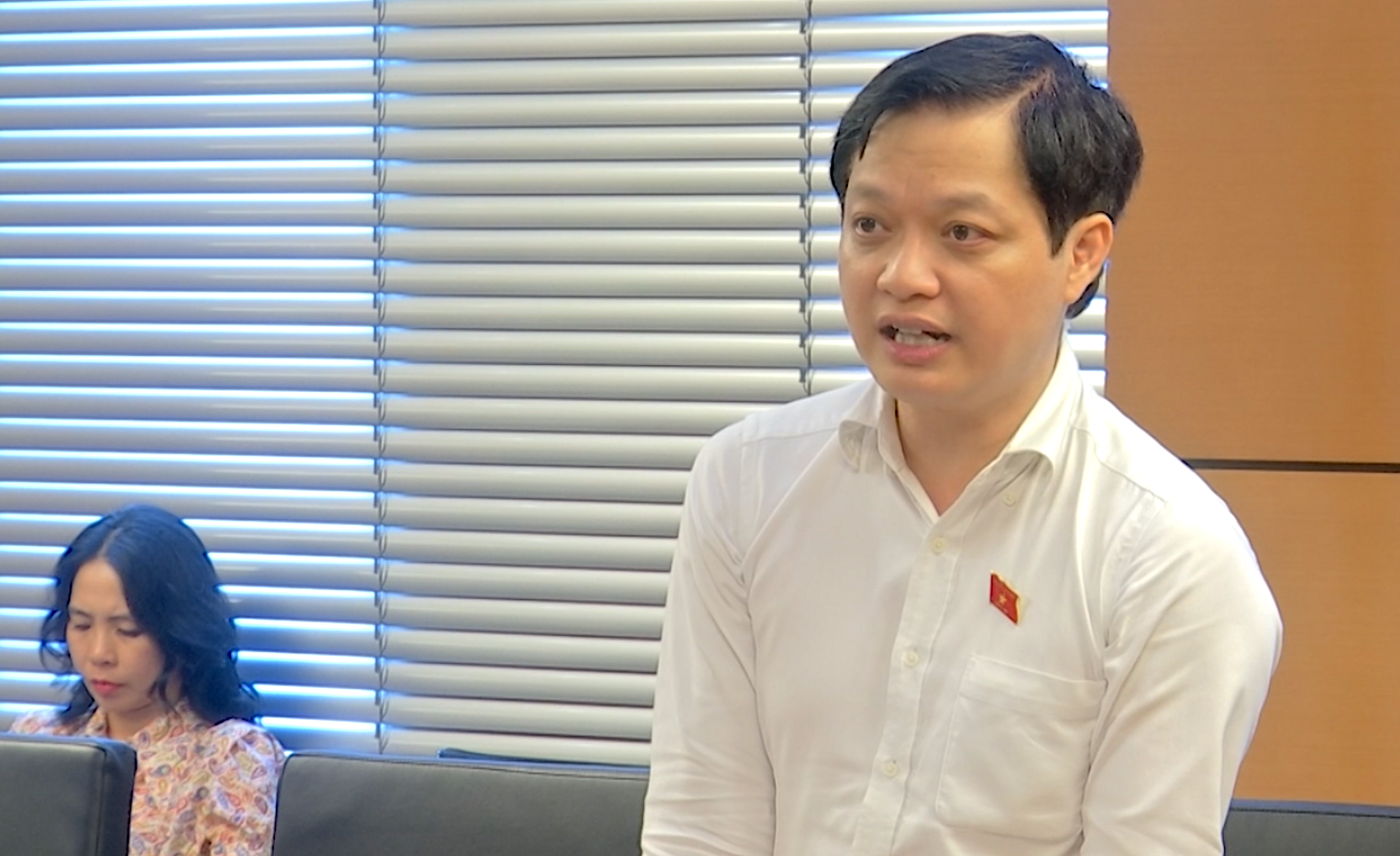
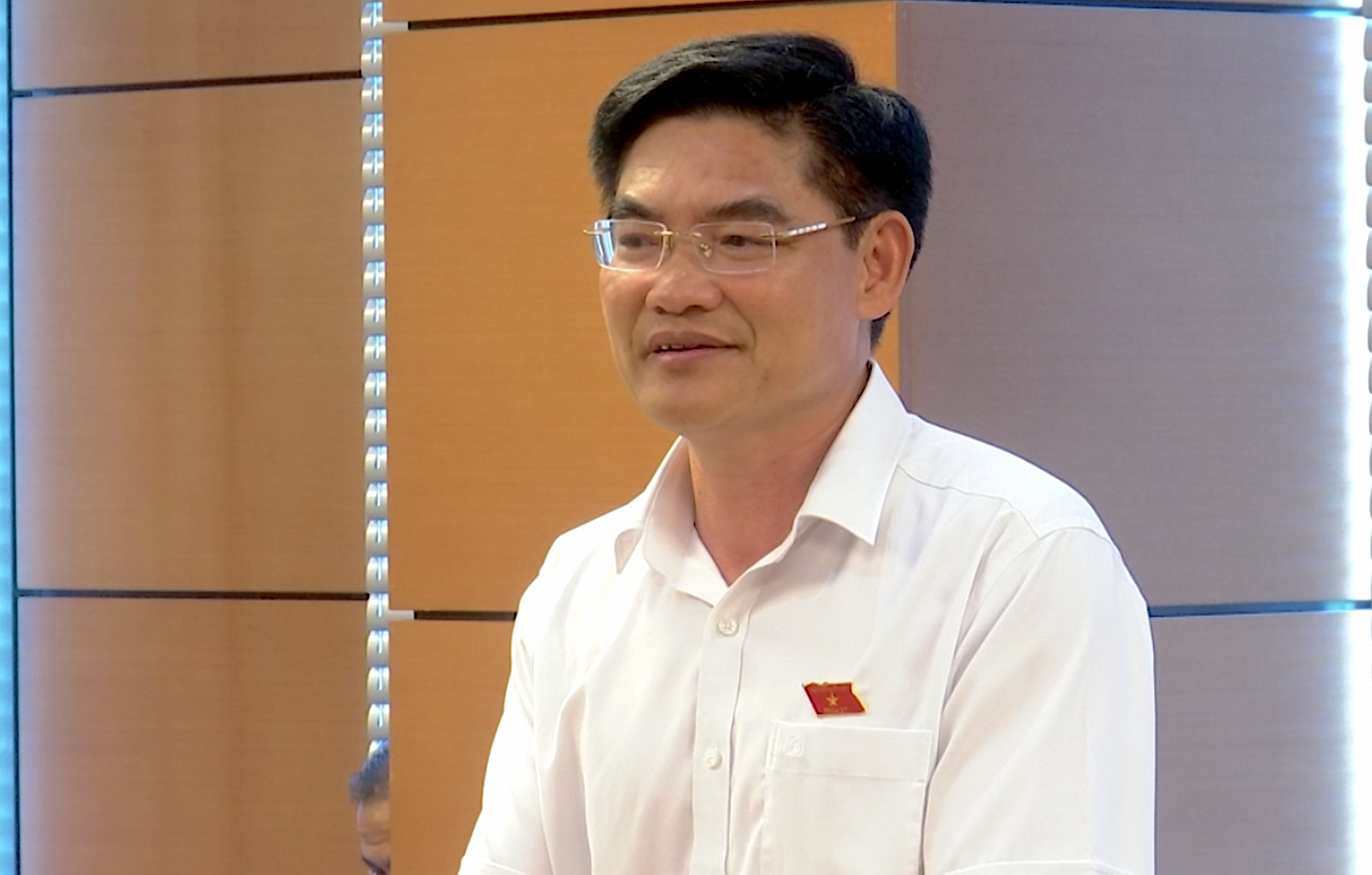
![[Photo] Prime Minister Pham Minh Chinh receives the President of Asia-Pacific region of PowerChina Group](https://vphoto.vietnam.vn/thumb/1200x675/vietnam/resource/IMAGE/2025/5/21/0f4f3c2f997b4fdaa44b60aaac103d91)

![[Photo] Prime Minister Pham Minh Chinh receives Rabbi Yoav Ben Tzur, Israeli Minister of Labor](https://vphoto.vietnam.vn/thumb/1200x675/vietnam/resource/IMAGE/2025/5/21/511bf6664512413ca5a275cbf3fb2f65)
![[Photo] Determining the pairs in the team semi-finals of the National Table Tennis Championship of Nhan Dan Newspaper](https://vphoto.vietnam.vn/thumb/1200x675/vietnam/resource/IMAGE/2025/5/21/eacbf7ae6a59497e9ae5da8e63d227bf)
![[Photo] Scientific workshop "Building a socialist model associated with socialist people in Hai Phong city in the period of 2025-2030 and the following years"](https://vphoto.vietnam.vn/thumb/1200x675/vietnam/resource/IMAGE/2025/5/21/5098e06c813243b1bf5670f9dc20ad0a)

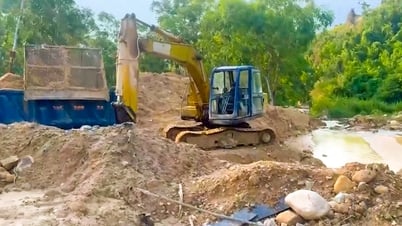

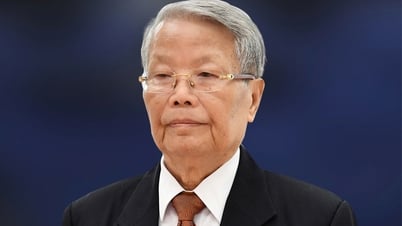

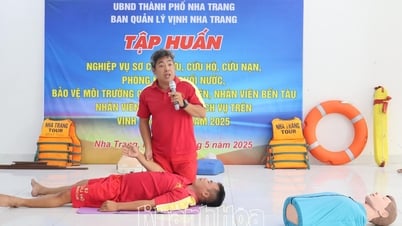
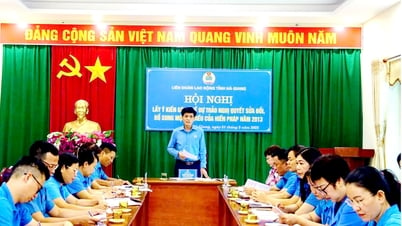

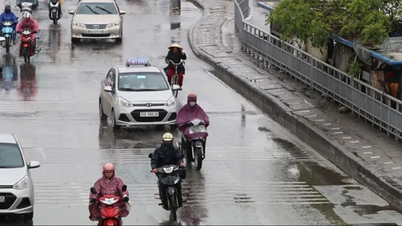

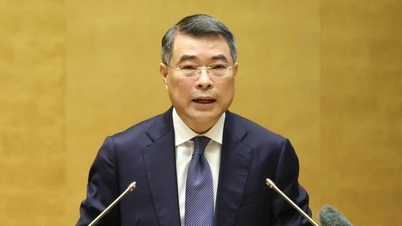





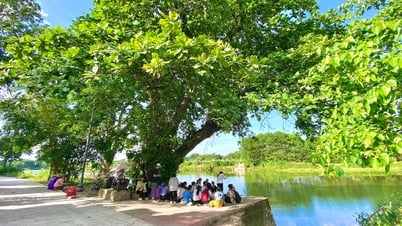
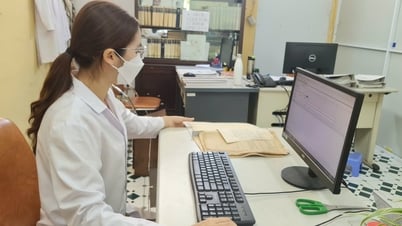
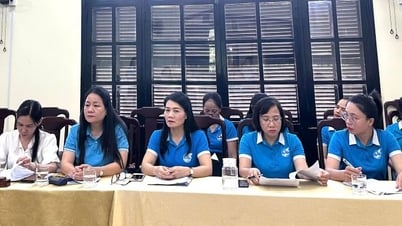
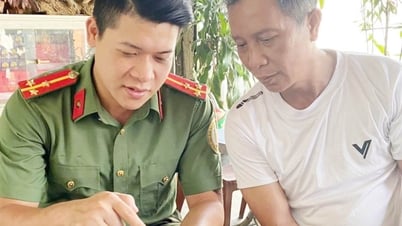
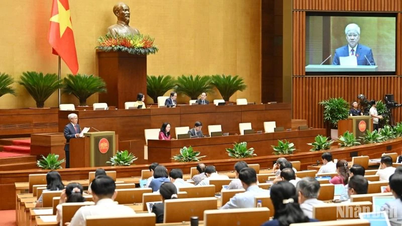
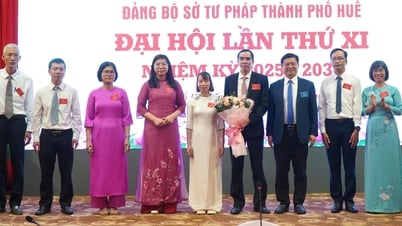










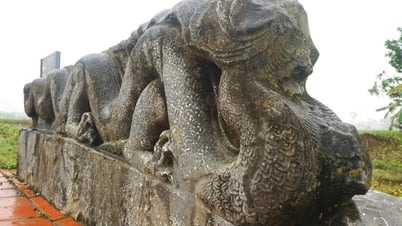



















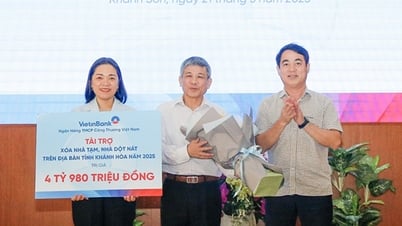


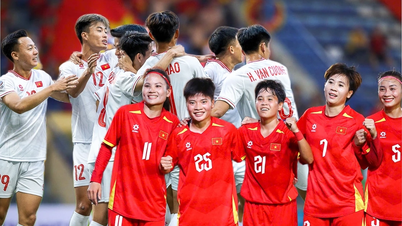

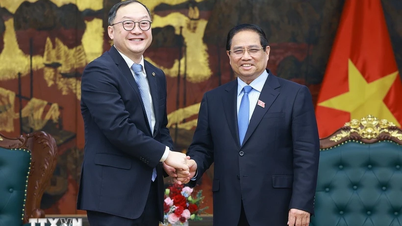





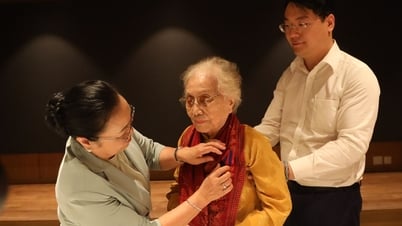


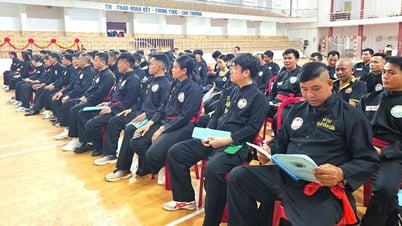



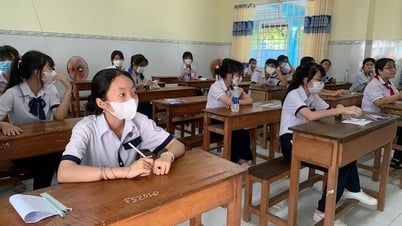


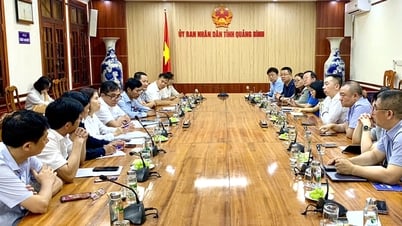











Comment (0)